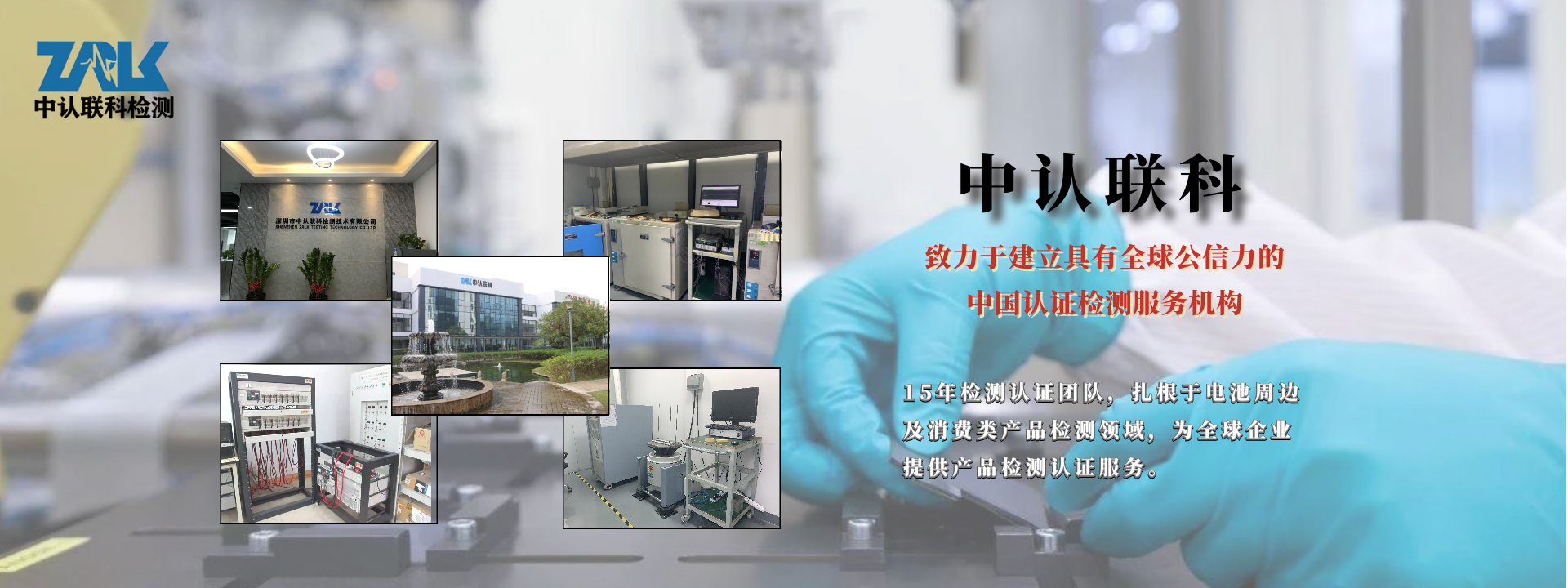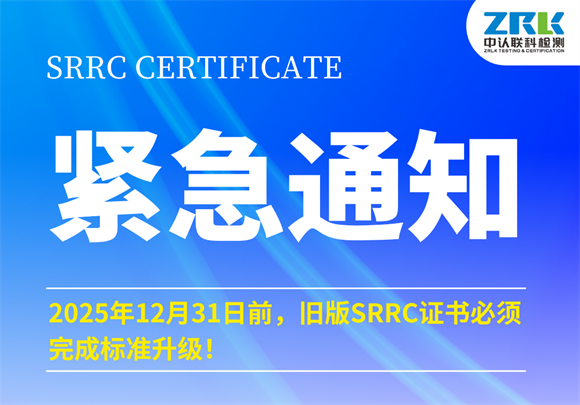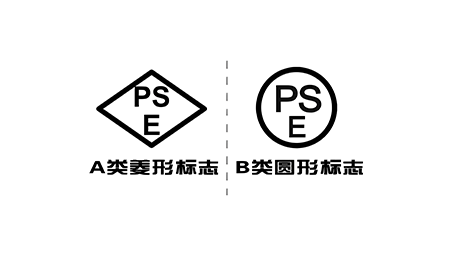Currently, the most widely used international standard is the International Electrotechnical Commission (IEC) standard for lithium-ion batteries. According to their respective needs, the International Air Transport Association (IATA), the United Nations Committee of Experts on the Transport of Dangerous Goods and the International Civil Aviation Organization (ICAO) and other agencies have also formulated relevant safety standards for lithium-ion battery transportation and have been widely used. In addition, some countries and organizations, such as the Underwriters Laboratories (UL), the American Institute of Electrical and Electronics Engineers (EEE), and the Japan National Bureau of Standards (JIS), have established safety standards for lithium-ion batteries that also have a broad impact. These standard test items are similar. But the test conditions are different.
There are 4 international standards with more applications and wider influence. United Nations "United Nations Manual of Hazardous Materials Transport Tests and Standards" (UN38.3) and IEC62281:2012. "Safety of Lithium Primary Cells and Battery Packs and Lithium Accumulators and Battery Packs during Transportation" focuses on the safety testing and safety requirements of lithium ion batteries during transportation, mainly for the external environment and mechanical vibration of lithium ion batteries during transportation Simulation, the test items include height simulation, temperature test, vibration, impact, external short circuit, impact, overcharge and forced discharge, etc. During the test process, the battery should ensure that the packaging does not fall off, deform, no quality loss, no Leakage, no venting, no short circuit, no rupture, no explosion and no fire.
UL1642:2009 "Lithium Battery" applies to primary (non-rechargeable) and secondary (rechargeable) lithium batteries used as power sources in products. The purpose of the standard is to reduce the risk of fire or explosion when the lithium battery is in use. The standard's electrical performance tests on batteries include short-circuit tests, abnormal charging tests and forced discharge tests: mechanical tests include crush tests, impact tests, impact tests, and vibration tests: environmental tests include thermal abuse, temperature cycle tests, and altitude simulations Test and projectile test etc. Test requirements. The battery under test has no fire, no explosion, no leakage, no exhaust, no combustion, and no packaging breakage during the test.
IEEE1625:2008 Standard for Rechargeable Batteries for Notebook Computers and IEEE1725:2006 "Standard for Rechargeable Batteries for Mobile Phones" are mainly to establish unified guidelines for the design, production and development of batteries for portable computers and cellular phones, mainly involving batteries and batteries Group related to electronics, physical structure, chemical composition, processing flow, quality control and packaging technology. Compared with other battery standards that generally attach importance to the situation of batteries or battery packs, the above standards have comprehensively considered several aspects of cells, batteries, host node power accessories, consumers and the environment. Both of these standards focus on the design and manufacturing process, and are not involved in the later use of the battery, especially the safety issue.
The current main standards can be summarized in the following categories:
1. Mainly aimed at the external environment and mechanical vibration during transportation
Such as UN38.3, IEC62281:2012, etc., through high simulation, temperature test, vibration, shock, external short circuit and impact and other test items, to simulate the dangers that may occur during the transportation of lithium-ion batteries. For lithium-ion batteries during use Of security issues are less involved.
2. Mainly aimed at the design and manufacturing process
Such as IEEE1625, IEEE1725 and so on. Taking IEEE1725 as an example, the standard divides the mobile phone lithium-ion battery system into four sections, namely the battery cell, the battery pack, the host and the battery charger part, comprehensively and clearly designing the battery cell, raw materials, manufacturing process and finished product testing and evaluation, etc. A request was made to provide a reliable assessment guarantee for the safety of communication products such as batteries and mobile phones. The above standards are mainly aimed at the design and manufacturing process of the battery, and do not involve much safety issues in the later use of lithium-ion batteries. And the IEEE lithium ion battery standards such as this, because the object is the design and manufacture of lithium ion batteries in different devices, the pertinence is strong, and the scope of application is limited by certain.
3. Mainly aimed at the electrical performance and safety of lithium-ion batteries
Such as UL1642, GB8897.4, etc., through short-circuit, abnormal charging, forced discharge test squeeze, impact, shock, vibration, thermal abuse, temperature cycling, high-altitude simulation test and projectile, etc. During the test, there is no fire, no explosion, no liquid leakage, no exhaust, no combustion and the package is not broken. Comparing the above two types of standards, the core of such standards is the safety of lithium-ion batteries, and pay more attention to the battery safety risks caused by temperature, but the judgment basis is difficult to quantify, and only the explosion, fire, smoke, leakage, Distinguish between cracking and deformation, which is not conducive to the detection of potentially dangerous batteries.
Lithium battery testing project
In order to ensure the safety of lithium batteries, domestic and foreign institutions have formulated corresponding safety testing standards for various lithium batteries. General testing standards generally divide safety testing items into the following four categories:
1. Electrical test: overcharge, overdischarge, external short circuit, forced discharge, etc.
2. Mechanical testing: extrusion, acupuncture, impact, vibration, drop, etc.
3. Thermal test: high and low temperature cycle, combustion, microwave heating, etc.
4. Environment simulation: high altitude and low pressure simulation, salt spray test, etc.
Examinations such as squeezing, acupuncture, impact, vibration, dropping, burning, high altitude and low air pressure all require professional battery testing and testing machines to ensure the safety performance of the battery, check the unqualified batteries, and avoid battery safety accidents.
The above is the importance of lithium battery testing. In general, lithium batteries have a great impact on the "quality safety, product consistency, and subsequent maintenance costs" of electronic products. To ensure the quality of their products, they need to Test the lithium battery. Please consult ZRLK, a third-party testing agency for lithium batteries.














